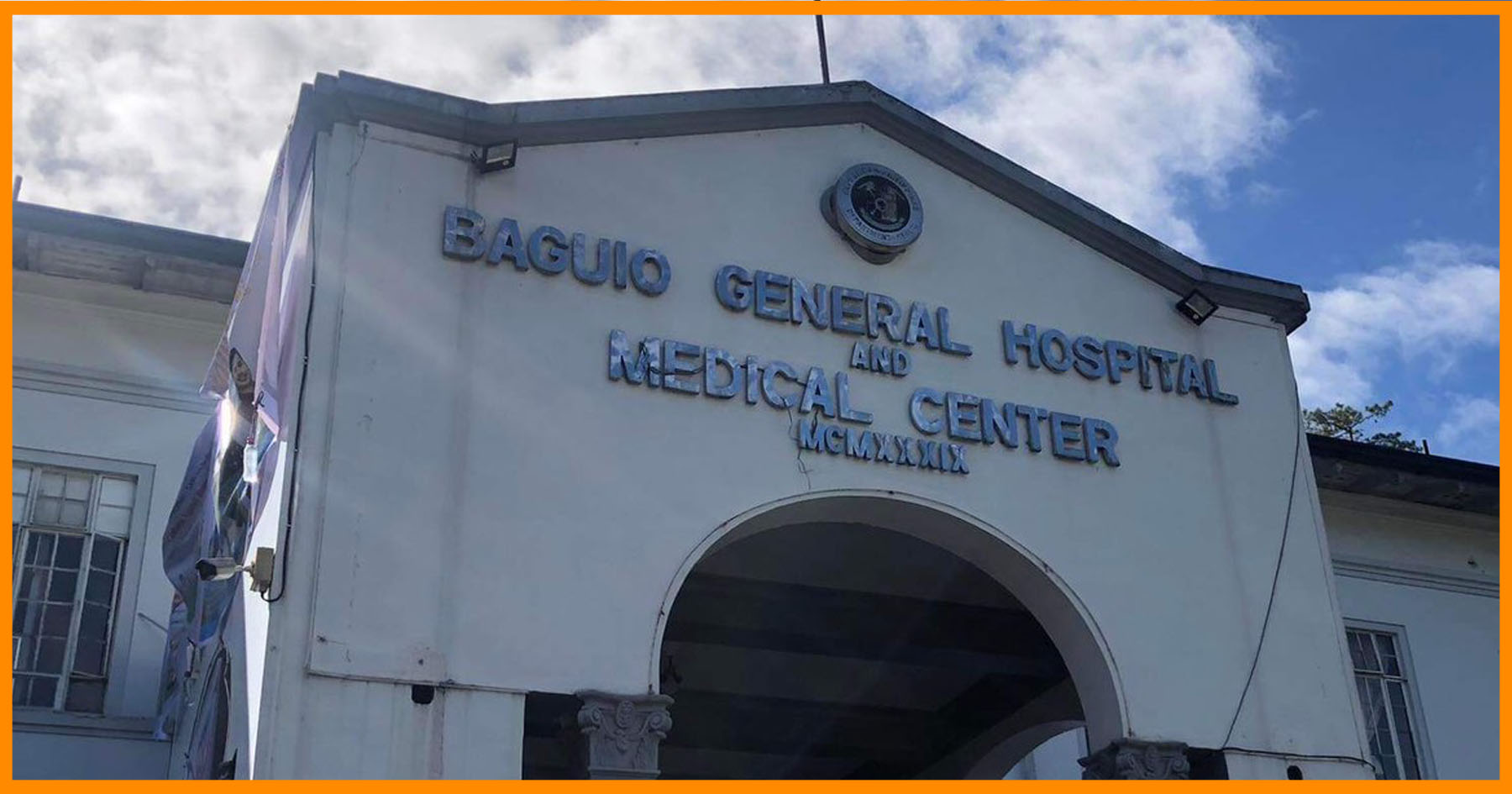Coffee is advertised mainly for its stimulating effect due to caffeine, and for its antioxidants. Antioxidants slow down or protect the body from cell damage by free radicals which are produced as the body performs various functions and reacts with environmental factors like pollution. Coffee also contains some nutrients like vitamins and minerals. It does not provide energy hence no calories. It is the sugar, milk or cream that one adds to his or her coffee drink that adds to one’s calorie intake. Coffee contains more than a thousand phytochemicals, which are responsible for its pleasant taste, aroma, and health-promoting properties.
This article pertains to pure coffee, note 3-in-1 which should be entirely avoided.
Amidst all the reports, the questions are, does coffee prevent cancer? There are many studies including meta-analysis that can be read in various websites on the potential of coffee to reduce risk of certain diseases but one may note the words “suggestive” or “likely to reduce.” Hence, these are not conclusive and more research is clearly needed before a conclusion can be made. When one cites an evidence, that is, a reliable publication, ask or read all other evidence. Truly, results can be conflicting and health authorities need consistent results from many studies before a conclusion is made. Nigra et. al in their 2021 publication of “A Decade of Research on Coffee as an Anticarcinogenic Beverage” concluded that more research is needed to find the right dosage and balance between the beneficial health effects of coffee (such as anticancer and antioxidant activities) and those traditionally considered negative. (www.ncbi.nlm.nih.gov/pmc/articles/PMC8460369/). The same article stated that many compounds in coffee have a potential therapeutic effect due to their antioxidant, anti-inflammatory, antifibrotic, and anticancer properties. The roasting process affects the phytochemical content, and undesirable compounds may be formed.
Can cancer patients drink coffee? For those who do not drink coffee, there is no good reason to start doing so. Antioxidants and other health benefits of coffee can be obtained from other foods. Considering current literature, the safest may be to refrain from coffee at least during the active phase of cancer treatments. Coffee lovers however, may opt to continue, but do so in moderation. A cup or two a day can do. Otherwise, listen to your body.
Whether cancer patient or not, do take note of the features of coffee especially during the course of treatment. Coffee can cause feelings of fullness contributing to early satiety which are also side effects of cancer treatment. The early satiety can contribute to inadequacy of food intake or intake of more nutritious foods may be reduced. Coffee is also a diuretic, that is, increases urination and consequently may cause dehydration. Thus, one may have to drink more liquid over and above the increase prescribed during chemotherapy to counteract effects of drugs. Coffee is also acidic that may enhance side effects of chemotherapy and radiation particularly nausea and vomiting. The decision to drink coffee may start with the side effects of cancer treatments. For instance, chemotherapy has side effects such as but not limited to early satiety, dysphagia, taste/smell changes, anorexia. Chemotherapy and radiation may also lead to gastrointestinal malabsorption.














